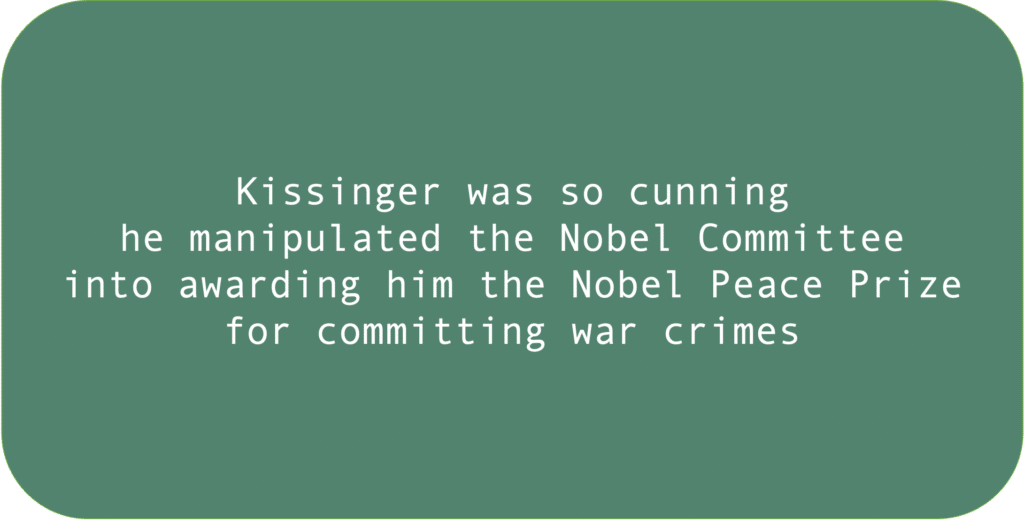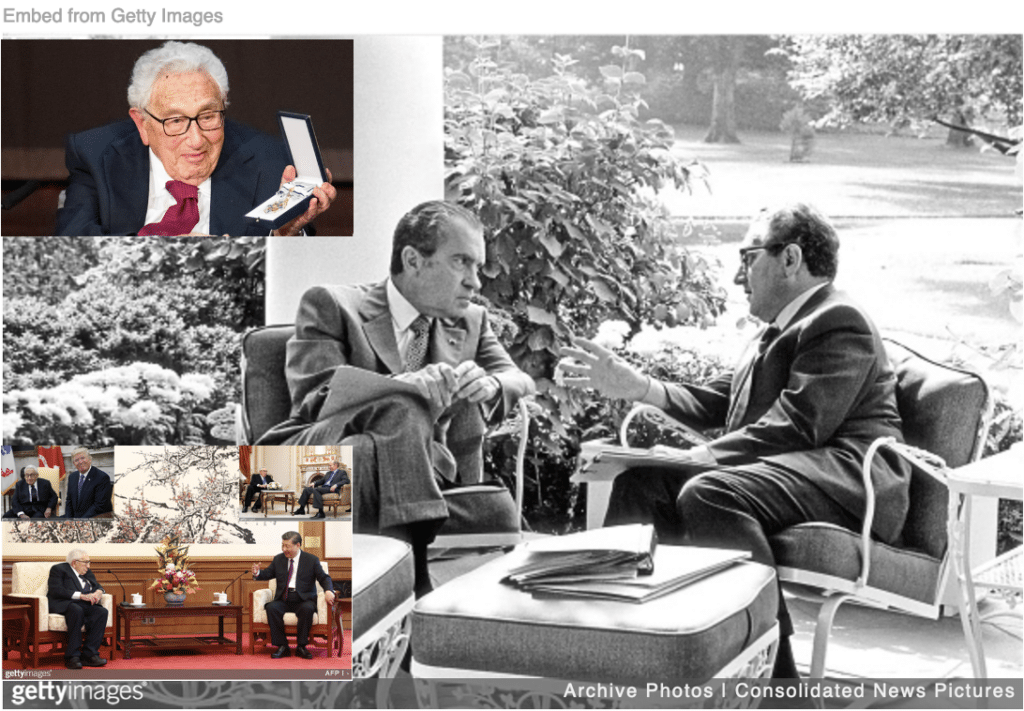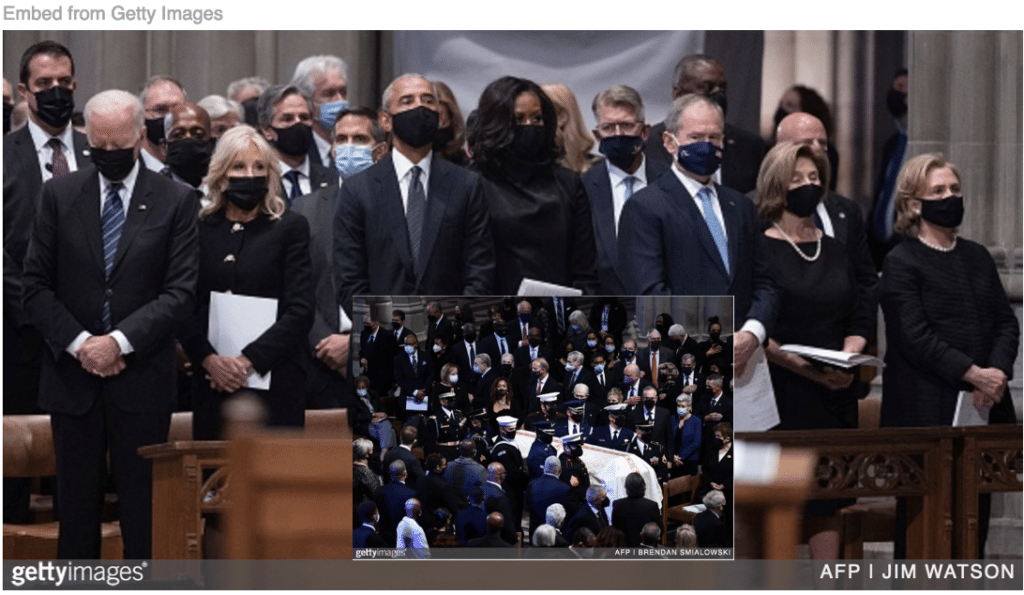 Kissinger, authoritarian whisperer of realpolitik
Kissinger, authoritarian whisperer of realpolitik
Henry Kissinger was a titan of 20th-century geopolitics. But his legacy is as complex as it is controversial. Many hailed him as a master strategist. I railed against him as a cunning narcissist.
He courted praise for dispensing sage chess-like geopolitical advice. Yet, I can fairly distill his diplomatic treatise down to one word: stability. The problem, of course, is that he advised leaders across the globe to enforce stability at any cost.
This philosophy explains why he seemed so attached at the hip of authoritarian leaders like Vladimir Putin and Xi Jinping. It also explains his connection to democratic leaders like Richard Nixon and Donald Trump, who tried their damndest to wield authoritarian powers.
What price Kissinger’s stability?
Kissinger’s take on China’s brutal crackdown on democratic protesters in Tiananmen Square speaks volumes. In its edition on August 14, 1989, the Los Angeles Times reported his chilling acceptance of totalitarian measures for the sake of stability as follows:
According to him, ‘since no government in the world would have tolerated having the main square of its capital occupied, a crackdown was therefore inevitable.’ Ergo, the Chinese people should be perfectly content to be docile subjects under totalitarian rule.
Given that line of reasoning, imagine what he was whispering in Nixon’s ear during the brutal crackdown on anti-Vietnam War protests in 1971. It led to the largest mass arrests in US history. But his take on Tiananmen Square makes clear that this crackdown would have been a lot worse if Kissinger had his way.

Real assessment of Kissinger’s impact
The media are replete with eulogies Kissinger effectively crafted for himself. No amount of praise can overlook the true cost of his brand of realpolitik.
But his advice on Ukraine betrayed his frequently ill-advised take on foreign policy. Initially, Kissinger urged Ukraine to cede territories to Russia for the sake of stability, a non-starter for Ukraine. But mere months later, realizing he was on the wrong side of history, he urged NATO to offer Ukraine membership, a non-starter for Russia.
That flip-flop makes describing him as cunning seem too modest.
Simply put, no statesman has been more celebrated for brokering failures, causing deaths, and seducing trophy women. But his self-promotion was such that he’s arguably the only credibly accused war criminal who won the Nobel Peace Prize.
A state funeral?
Like crafting his media eulogies, Kissinger will have carefully choreographed his funeral services. President Biden presided over a de facto state funeral for Secretary of State Colin Powell.

Former presidents Barack Obama and George W. Bush attended. Bill Clinton was recovering from a sepsis infection, and Jimmy Carter was too frail to travel. Trump did not attend, but everyone suspects the Powell family did not invite him (for obvious reasons).
No doubt Kissinger’s wish is for Biden to preside over a similar service. Fat chance! Indeed, it would not surprise me if Trump is the only former president who attends his funeral service.
In any event, in Trumpian fashion, Kissinger’s epitaph should read: ‘Power is the greatest aphrodisiac. When you have it, people let you get away with anything. And Henry did.